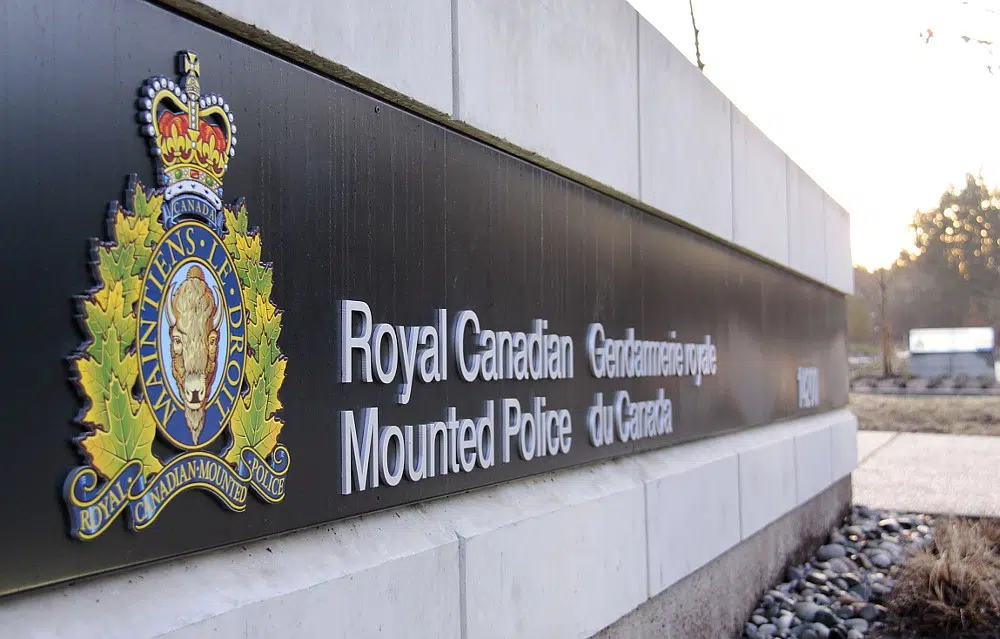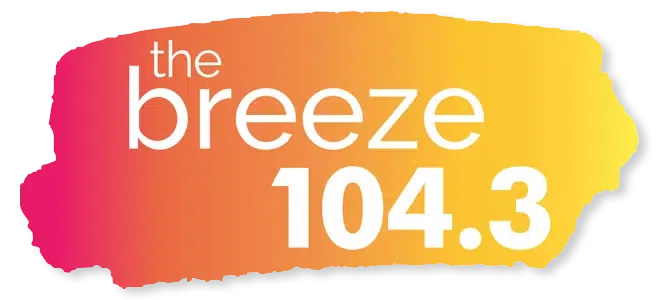
waferboard / CC
Kamloops RCMP are urging people to be vigilant of locally-circulating scams related to the Canada Emergency Response Benefit (CERB), the Canadian Revenue Agency, COVID-19 vaccinations, and Bitcoin.
Back in mid-February, spokesperson Const. Crystal Evelyn says a Kamloops resident got an email that asked for their SIN number and financial information so that they could register for the vaccine. That person got a phone call from ‘CMC Finance’ soon after, asking for more personal details.
Police say there have been several such reports to police over the last couple of weeks. In some cases, she says residents provided personal information and money transfers to the scammers on the line.
“As tax season ramps up and more COVID-19 vaccinations roll out, the environment is primed for fraudsters to prey on unsuspecting victims,” Cpl. Dana Napier of the Crime Prevention Unit said. “It’s very important for people to be vigilant in protecting their personal information.”
The B.C. government says seniors will be able to start booking COVID-19 vaccine appointments starting next Monday, but they’re warning seniors about possible scammers.
The Executive Lead of the province’s vaccine rollout, Dr. Penny Ballam, says there have already been some attempts of “phishing” by scammers.
“Health Authority call centres will never ask for social insurance number, your drivers licence numbers any banking information, or your credit card number. That will not happen,” she said. “If our seniors find ourselves on a phone call where people are asking them that, they’re on the wrong phone call, and they need to get off and find the right number to call.”
Ballam says people will need to confirm their date of birth, their postal code, their health services numbers, and their contact information when booking a vaccine appointment.
The Better Business Bureau has also warned people taking COVID vaccination selfies.
“If someone calls or emails you claiming to be a public health employee, a police officer, or Canada Revenue Agency officer looking to confirm a credit card number or any other personal information, do not provide it to them,” Const. Evelyn said. “Contact the agency at a number you know is legit, not one provided by the potential scammer. Hang up on phone calls, delete emails you do not recognize, and do not click on any links within the email.:
If you have lost money or valuables, or provided your personal information to a scammer, you’re asked to contact Kamloops RCMP at 250-828-3000 and the Canadian Anti Fraud Centre.
RCMP tips to protecting yourself from email phishing scams:
- Do not open any emails or attachments from unknown or suspicious addresses.
- Do not use phone numbers or email links that were provided in the email. Research company contact information independently.
- Do not reply to the email.
- Do not give out your personal or financial information.
- Confirm invoices with the issuing company directly.
- If you aren’t receiving services from a company, you won’t have an invoice.
- No government agency or bank will threaten to arrest you.
- No government agencies will request payment in Bitcoin, iTunes cards, gift cards or interact e-transfers.
- Government of Canada and provincial government services are free to access.
- Immediately report any unauthorized credit applications to the associated financial institution and the credit bureaus, Equifax and TransUnion.













Comments